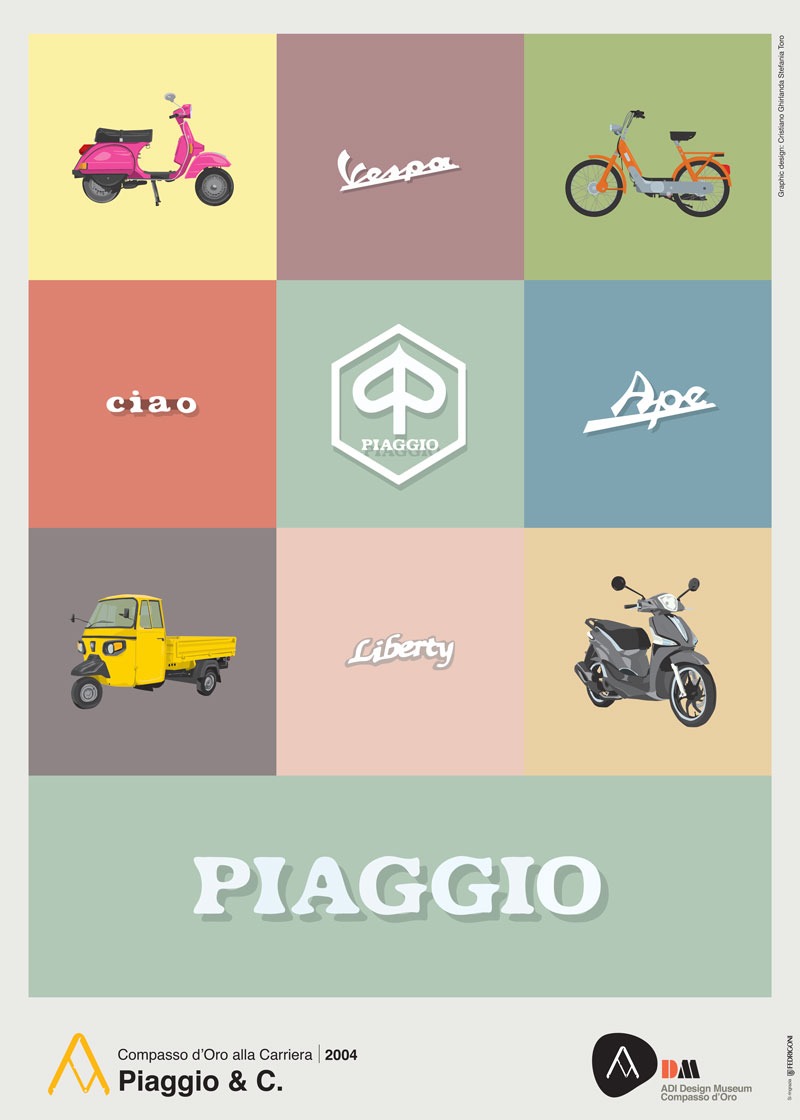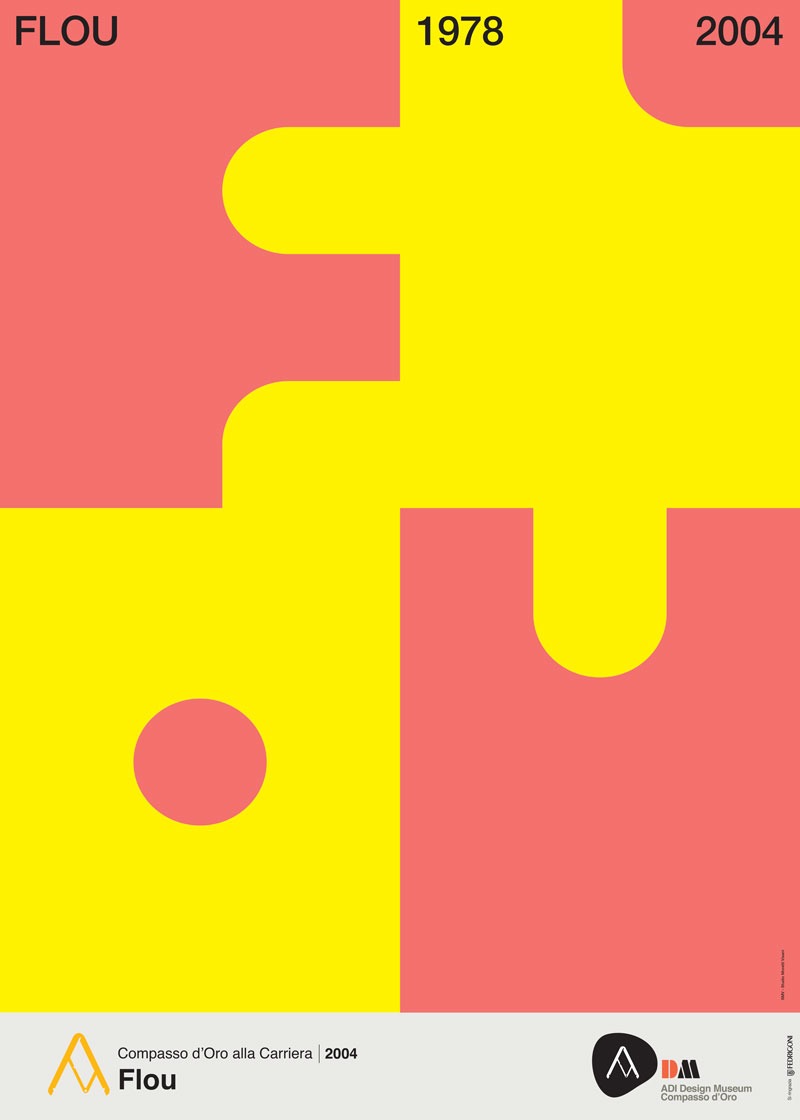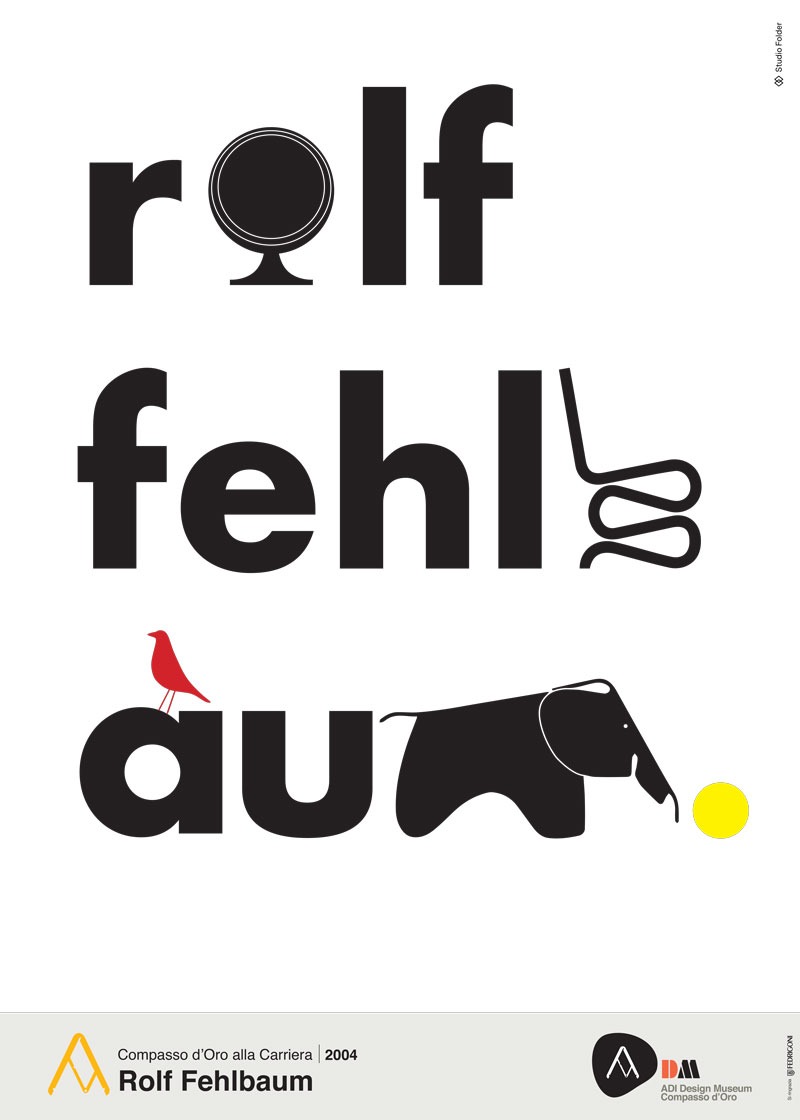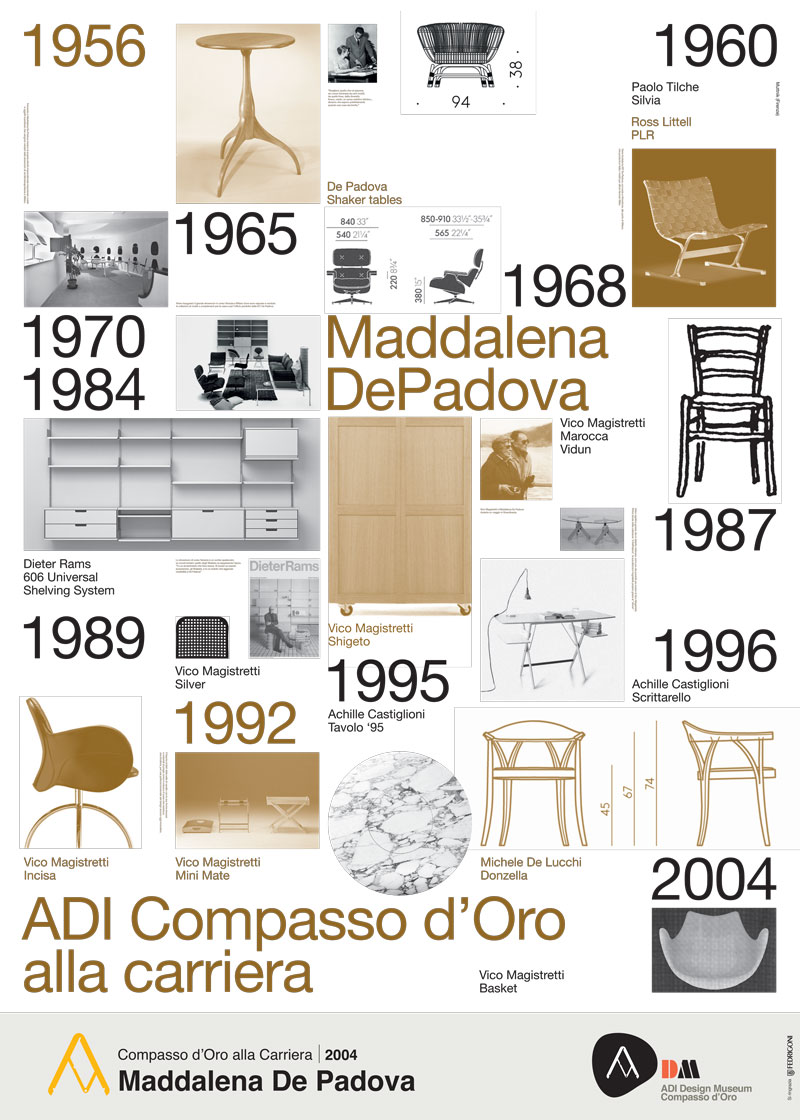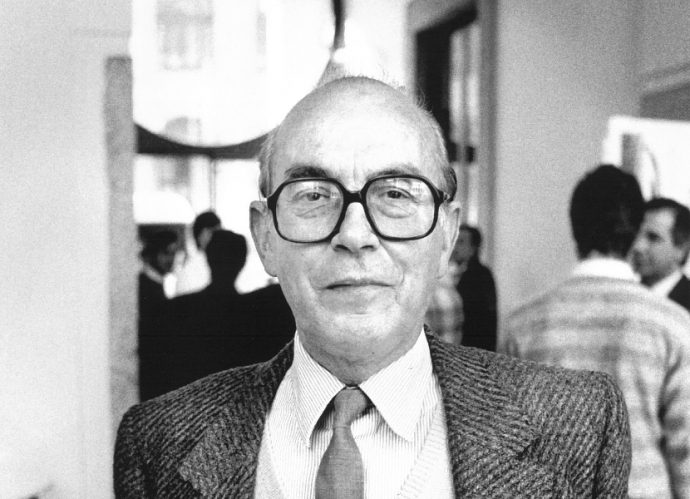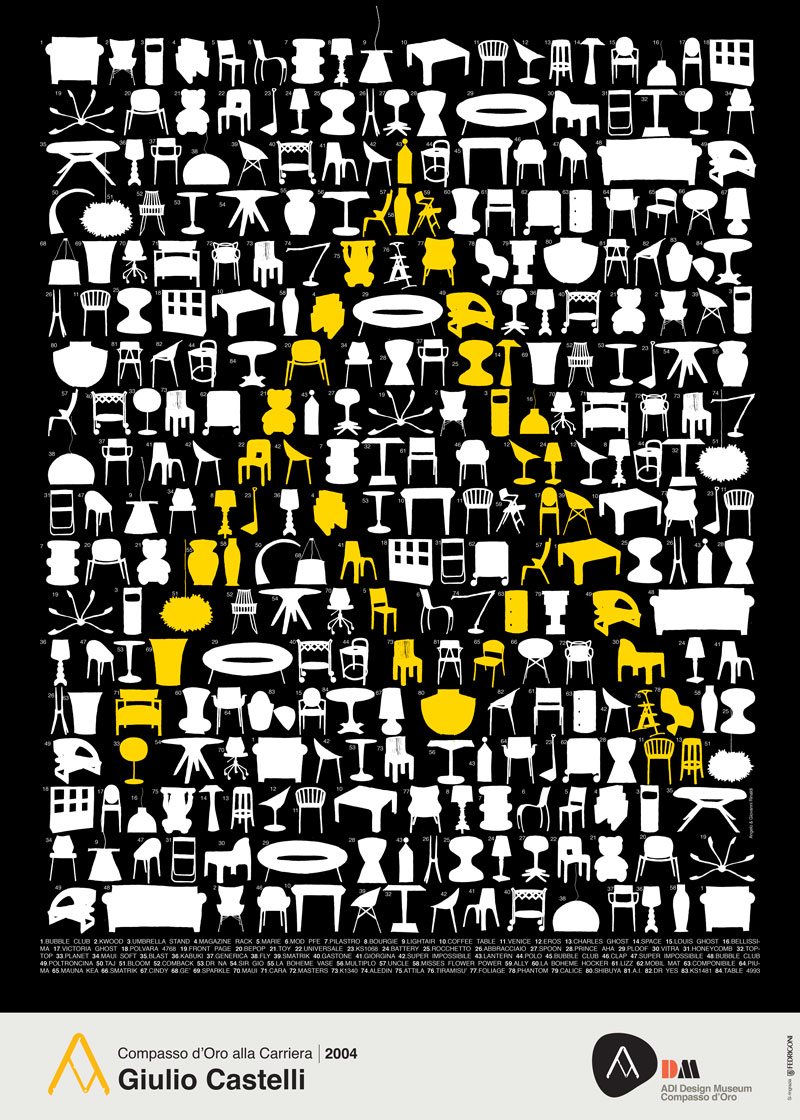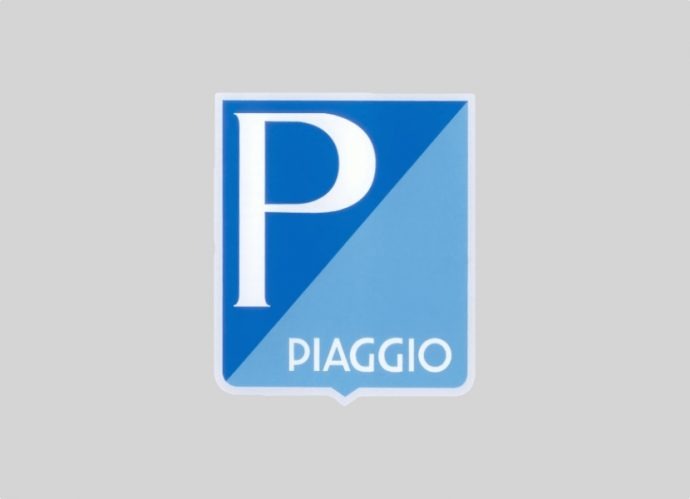
Product culture, creative engineering and entrepreneurial courage make Piaggio the leading character in one of the most fascinating adventures in Italian design. In April 1946 the Vespa was born, the scooter par excellence, the best-selling and the most imitated in the world with innovative features such as the load-bearing body, the single-sided front fork and direct transmission to the wheel. The Ciao was born in 1967, followed by many new products up to the Sfera, the first scooter with plastic bodywork which won the ADI Compasso d’Oro 1991 award. In 2001, with the Gilera brand, it won the world title in the 125cc class. A regular feature of mass motorization, Piaggio is an Italian company that creates styles, forms of behaviour and modern myths.
